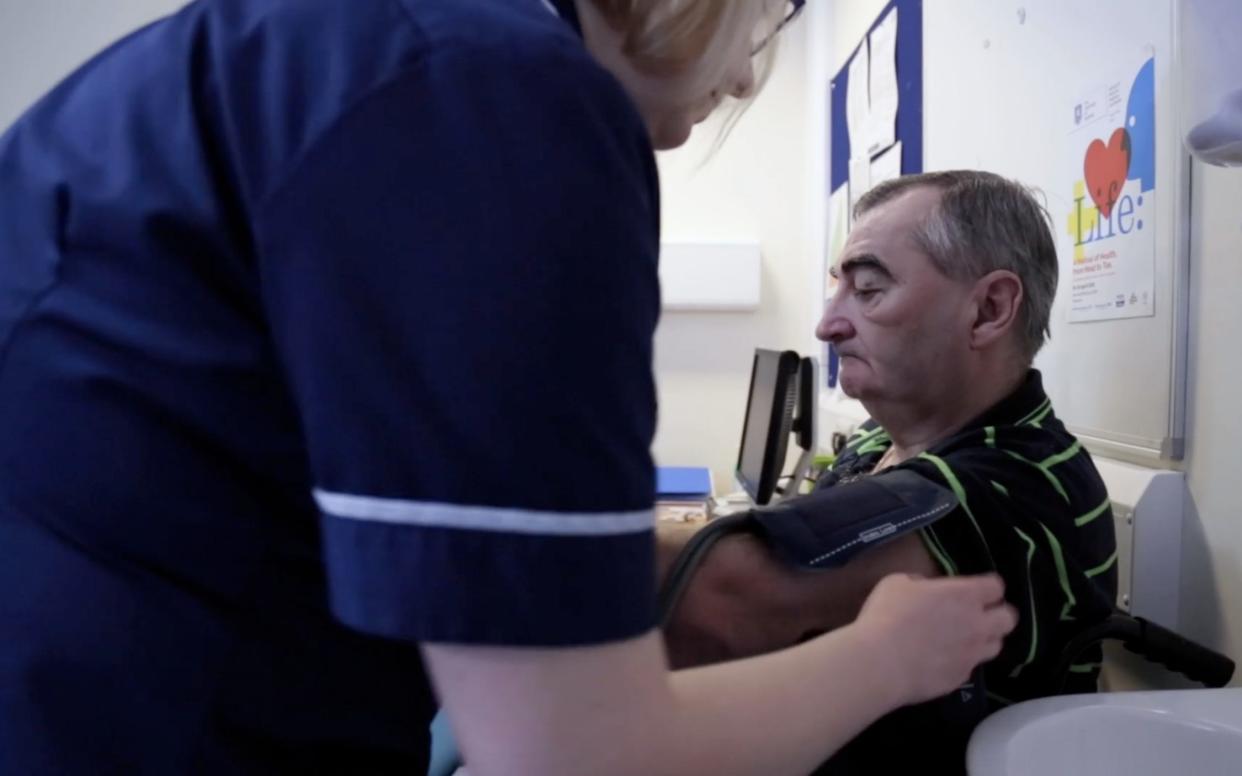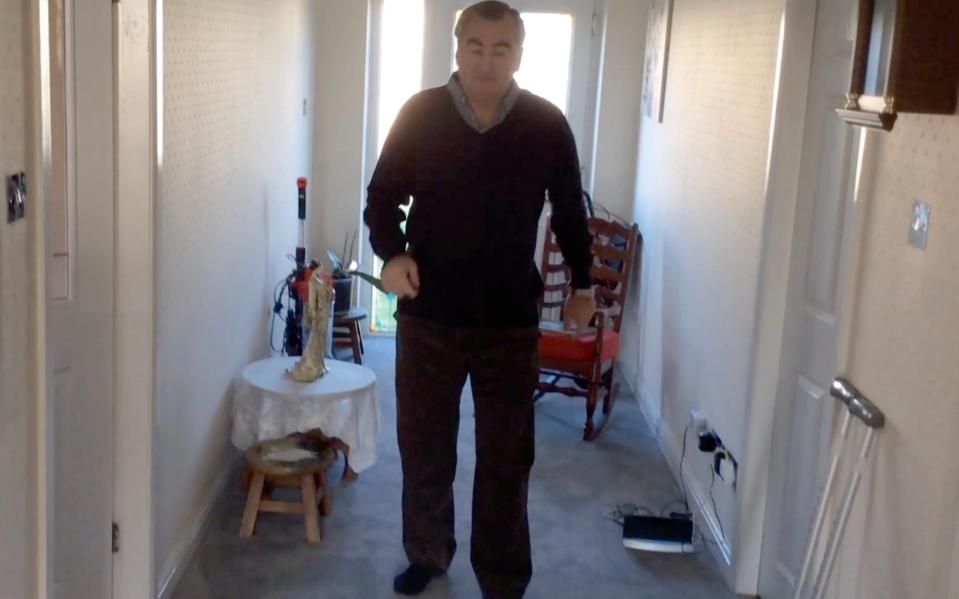‘Treatment milestone’ as new drug slows symptoms of motor neurone disease

A “remarkable” new drug that slows and even reverses symptoms of motor neurone disease (MND) in a year has been hailed as a “treatment milestone” for those with the progressive condition.
Patients who took monthly injections of tofersen for an international study reported better mobility and lung function. One who was in a wheelchair at the start of the clinical trials is now able to walk without sticks.
Scientists said the findings, published in the New England Journal of Medicine, were “remarkable” for a disease characterised by “relentless decline”.
Dame Pamela Shaw, professor of neurology and director of Sheffield Institute for Translational Neuroscience, at the University of Sheffield, said: “I have conducted more than 25 MND clinical trials, and the tofersen trial is the first trial in which patients have reported an improvement in their motor function.
“Never before have I heard patients say ‘I am doing things today that I couldn’t do a few months ago – walking in the house without my sticks, walking up the garden steps, writing Christmas cards’. For me, this is an important treatment milestone.”
MND affects around 5,000 people in the UK, affecting their ability to walk, talk, use their arms and hands, eat and breathe. Prof Stephen Hawking, the astrophysicist, had the condition, also known as amyotrophic lateral sclerosis, for many decades.

Les Wood, 68, from Thorne, South Yorkshire, who was diagnosed with MND 10 years ago and first took part in the phase three trial in 2016, said: “After 12 months of taking the drug I could actually walk in the house without sticks, I was able to come off some of my painkillers and I felt a lot better in myself.
“MND is a progressive disease, so although my symptoms have continued to worsen I would not be without the drug and the difference I know it has made to my quality of life.
“It not only gives us hope, it gives you hope for the future for lots of people, my own family as well, because motor neurone disease is familial in my case.”
Researchers have been examining tofersen’s safety and efficacy closely during the clinical trials, funded by Biogen, the biotechnology company, and involving 108 patients from 32 sites in 10 countries.
All patients had the defective SOD1 gene, where a “misfolded” version of the protein is created, giving rise to the condition in one in 50 carriers.
In the trial, 72 participants, or two thirds, were randomly assigned to receive eight doses of tofersen over a 24-week period, while the remaining 36 received eight doses of a placebo.
All participants were assessed at 28 weeks to measure motor function across four areas – swallowing and speaking, breathing, fine motor skills and gross motor skills.
Results showed patients reported better patient mobility and lung function after 12 months. Improvements were also seen in MND biomarkers in patients’ cerebrospinal fluid at six months.
Chris McDermott, professor of translational neurology at Sheffield Institute for Translational Neuroscience and co-author of the study, said: “We have learned much in doing this clinical trial that will help us do smarter and faster clinical trials in the future.”
Tofersen’s side effects included temporary mild headaches and some discomfort from where a needle is inserted in the lower part of the spinal cord to administer the drug.

 Yahoo News
Yahoo News 
